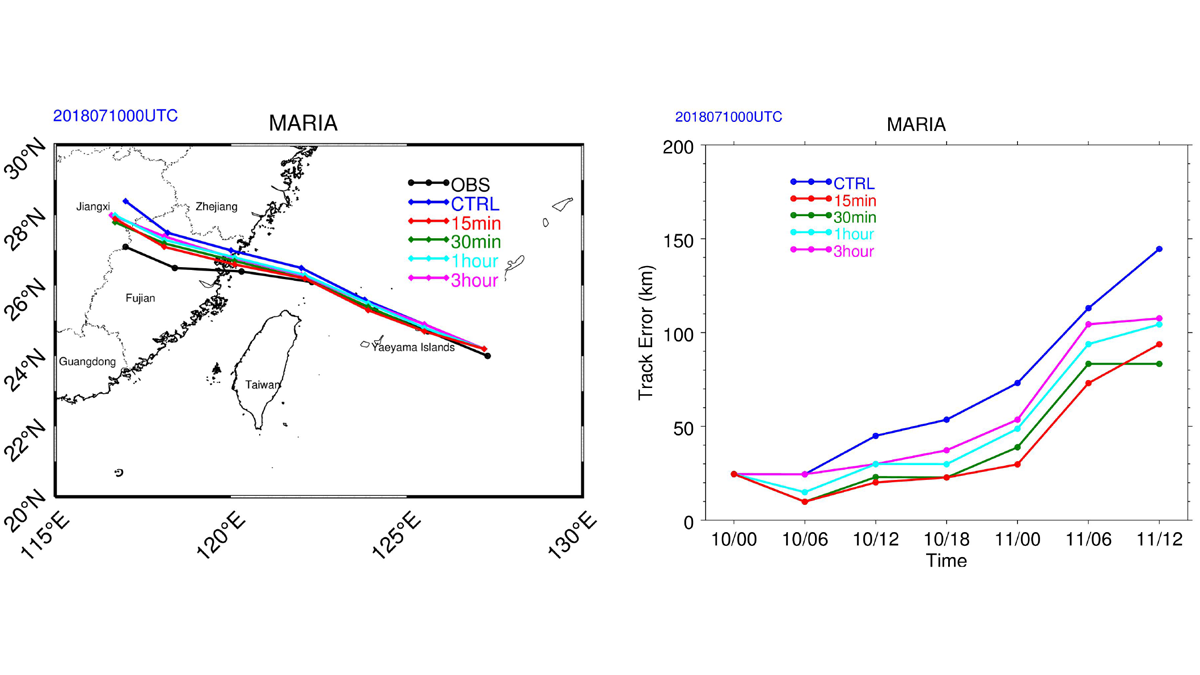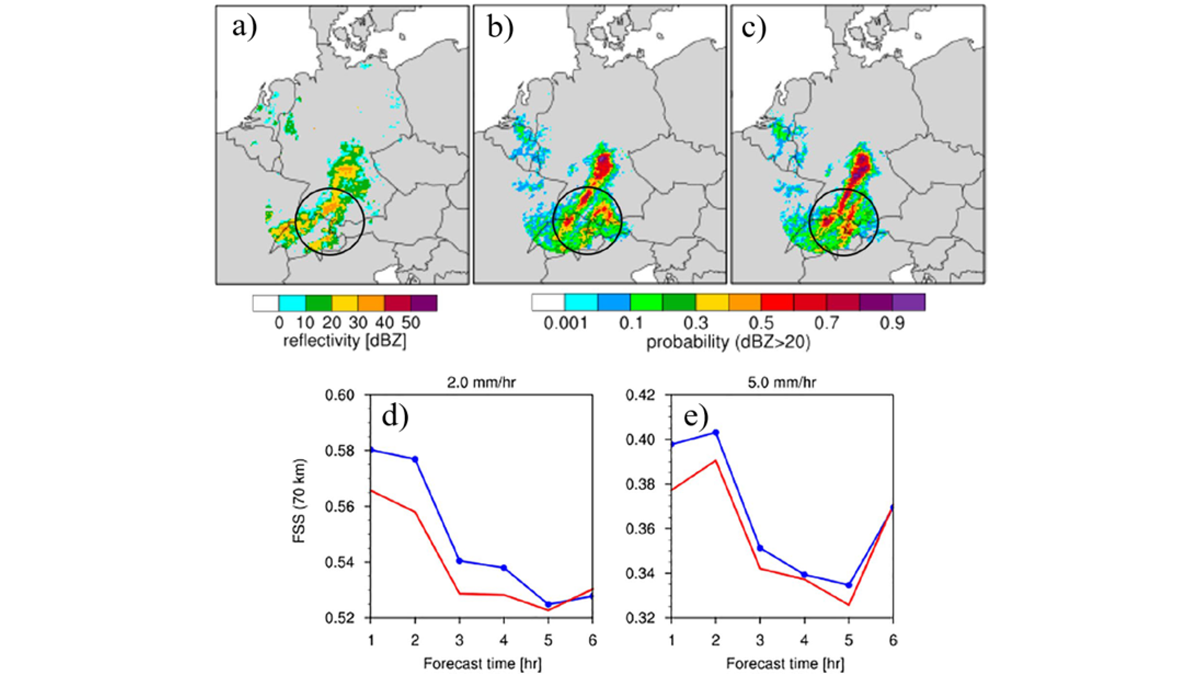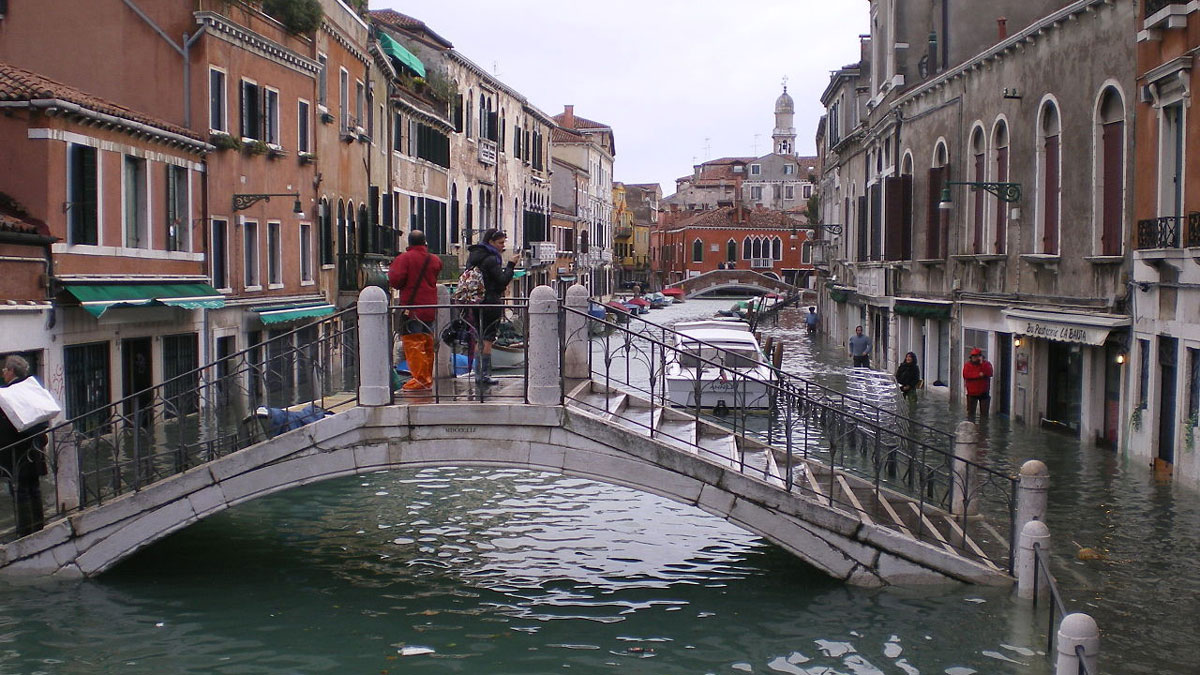New research indicates climate change may thin the mixed layer and contribute to a reduction of sea surface temperature anomalies.
forecasting
Arctic Sea Ice is Crucial for Forecasting Ural Blocking
By solving the nonlinear optimization problem, sea ice concentration in Greenland, Barents and Okhotsk Seas is found crucial for prediction of strong and long-lasting Ural blocking formation.
The AI Forecaster: Machine Learning Takes On Weather Prediction
A novel approach to weather forecasting uses convolutional neural networks to generate exceptionally fast global forecasts based on past weather data.
Impact of Geostationary Sounder on Typhoon Forecasts
An analysis of the impact of targeted observations from the Geostationary Interferometric Infrared Sounder at high-temporal resolution on forecasts for Typhoon Maria in 2018.
The Benefits of Better Ocean Weather Forecasting
Improvements in our ability to forecast oceanic conditions weeks to months in advance will help communities, industries, and other groups prepare amid a changing climate.
A New Way to Represent Microphysical Uncertainty
A new way of representing microphysical uncertainty in convective-scale data assimilation reduces biases in model states and improves the accuracy of short-term precipitation forecasts.
For Venice’s Floodgates to Work, Better Forecasts Are Needed
Climate change increases massive storm surges, which may be more than Venice’s flood-control system can handle.
Better Subseasonal-to-Seasonal Forecasts for Water Management
Emerging methods that improve precipitation forecasting over weeks to months could support more informed resource management and increase lead times for responding to droughts and floods.
Chasing Cyclones from Space
The pioneering use of satellite-based synthetic aperture radar to characterize tropical cyclones in near-real time has provided a crucial new tool with which to forecast powerful storms.
How to Assess the Quality of Space Weather Forecasts?
The assessment of space weather event forecasts would benefit from more nuanced approaches that take account of event intensities peaking near the thresholds used to identify such events.










